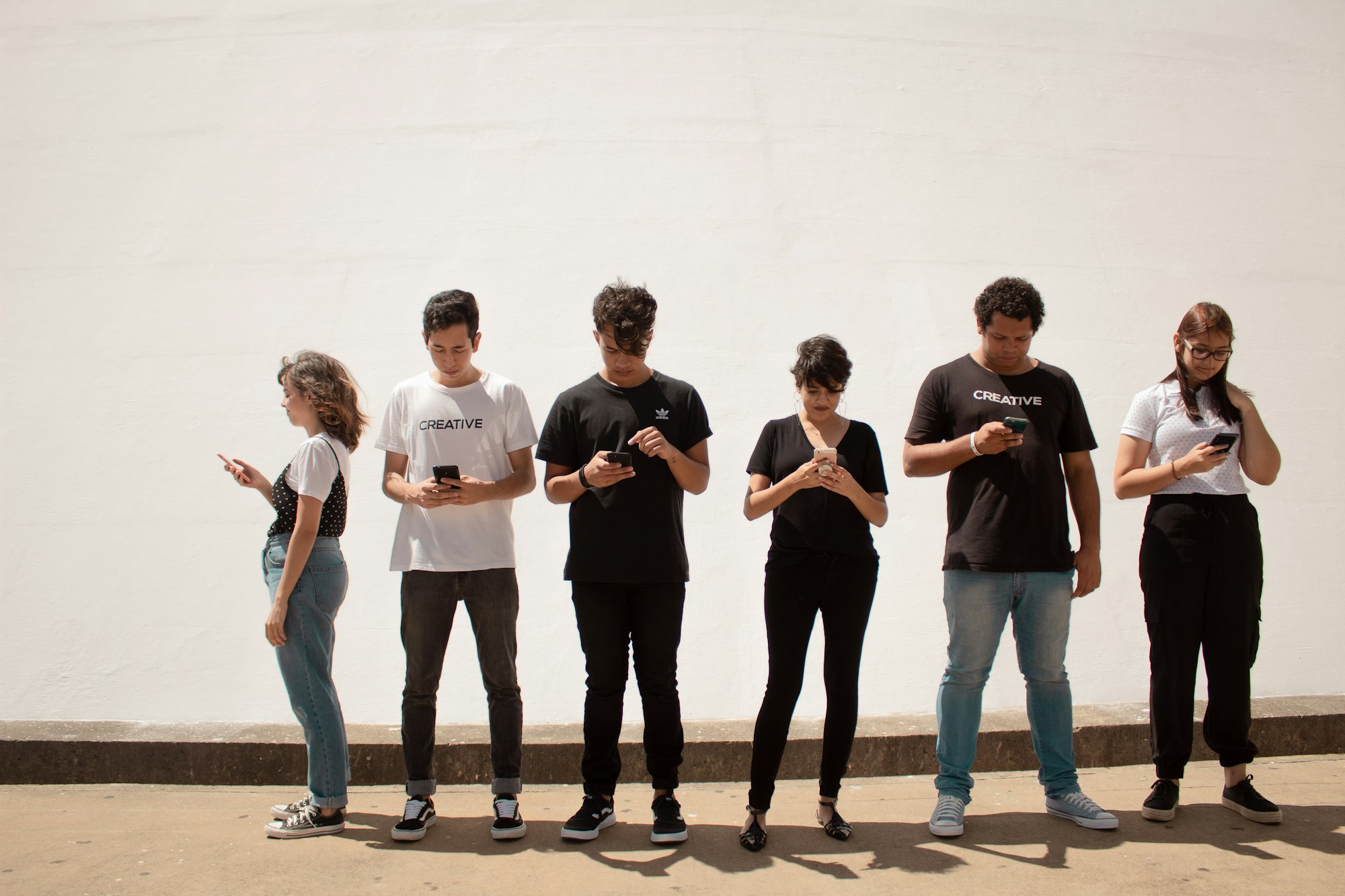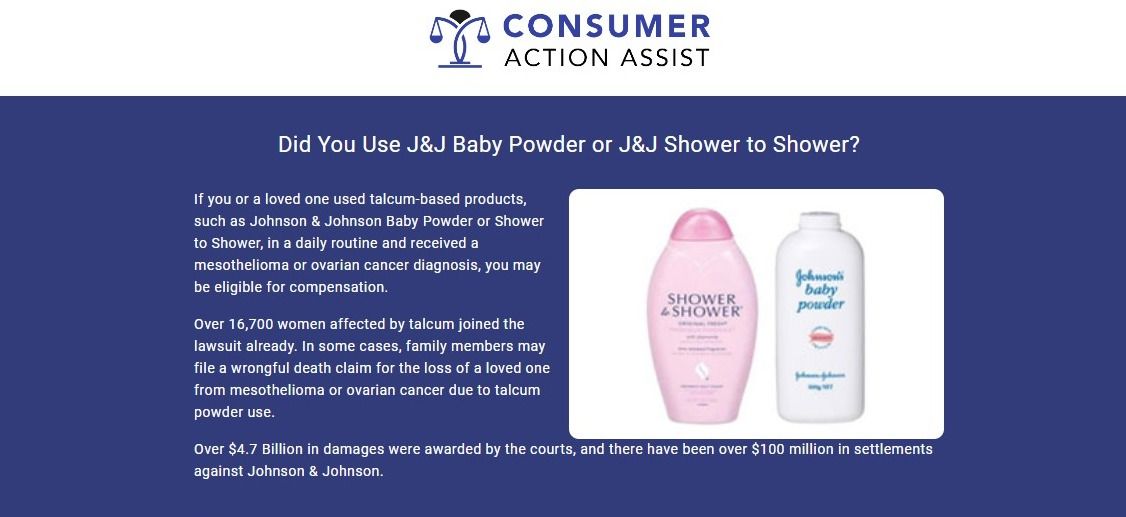Social Media and Youth Mental Health: A Warning from the U.S. Surgeon General

The U.S. Surgeon General, Dr. Vivek Murthy, issued a high-profile warning about the potential harm social media poses to America's youth, stating that there's not enough evidence to determine whether social media is safe for children and adolescents regarding their mental health.
This advisory echoes core components of the ongoing litigation against leading social media platforms, including Facebook, Instagram, and TikTok, particularly in how it discusses potential harms such as eating disorders, anxiety, depression, and suicide that can result from social media use.
The Social Media and Youth Mental Health" takes the form of an "urgent public health issue" and explores the same potential harms from social media outlined in Class Action lawsuits against the world's largest social media networks.
"Our children have become unknowing participants in a decades-long experiment" highlight the long-term effects of these platforms on young users.

A crucial aspect of the investigations is the discussion of social media platforms as "products." This distinction is pivotal in determining whether the sophisticated algorithms of Big Tech can be subject to traditional product liability law or if they are services that fall outside the legal realm of product liability.

The social media platforms are comparable to toys, vehicles, and medications, all of which are subject to safety regulations and testing. In light of the growing evidence for potential harm to children and adolescents from social media use, a "safety-first" approach will be applied to social media products.
It's not all bad; there are benefits of social media use for youth, including providing a positive community and connection with others, which can be particularly crucial for marginalized youth. Social media can help connect some kids with mental health care and provide supportive community connections for LGBTQ+ youth and youth of color.

However, the research acknowledges that the potential risks of social media use on youth mental health are profound, including correlations between social media use and depression, anxiety, poor sleep, online harassment, and low self-esteem. One study found that adolescents who spent more than three hours a day on social media had twice the risk of symptoms of depression and anxiety compared to non-users.

In response to the advisory, tech industry figures such as Adam Kovacevich, founder, and CEO of the tech coalition Chamber of Progress, have pointed to features implemented to protect younger users, like limiting nighttime notifications. However, he expressed concerns about infringing on teens' privacy by requiring them to verify their age and potentially cutting off their access to supportive online communities.

Dr. Murthy is calling for increased transparency and action from technology companies, along with increased research and funding to study the impact of social media use on children's and adolescents' mental health.
The advisory's impact on the ongoing lawsuit against social media giants remains to be seen. While it might not have any formal legal weight, its statements could potentially influence the conversation around the legal responsibilities of social media platforms.
Social psychologist Jonathan Haidt, PhD, a professor at the NYU Stern School of Business, explains. Between 2011 and 2013 There has been an increase in depression and anxiety for American tweens and teenagers.
- Admissions for nonfatal self-harm has gone up by 62 percent for girls between the ages of 15 and 19. For girls who fall into the 10 to 14 age range, the figure has increased by 189 percent since social media became mainstream.
- Suicides in teen girls between the ages of 15 and 19 have increased by 70 percent compared to the first decade of the century. The suicide rate of preteen girls (between the ages of 10 and 14) has increased by 151 percent.
"They're much less comfortable taking risks," Haidt argued, citing the lower numbers of teens who go on dates and/or get their driver's licenses.


